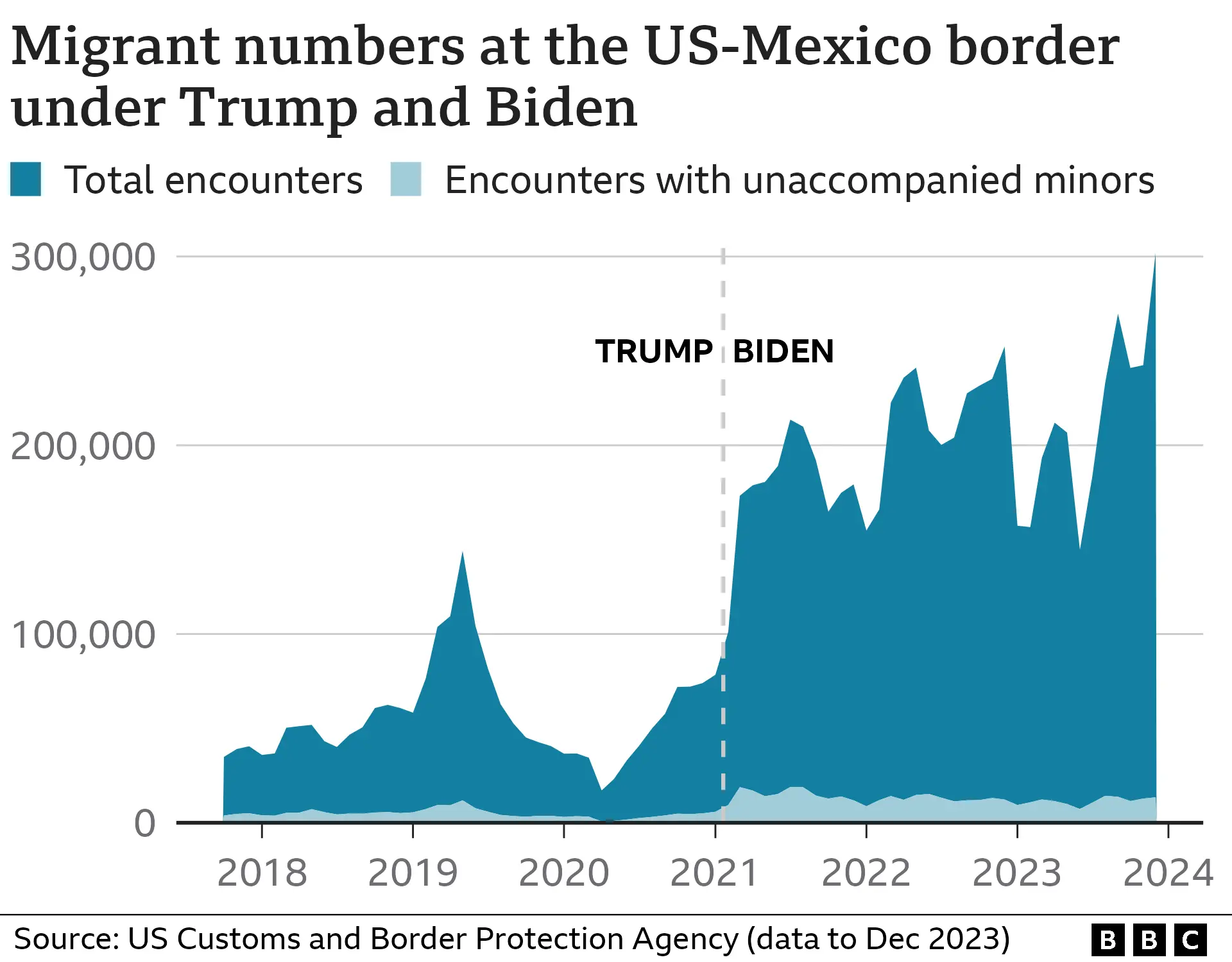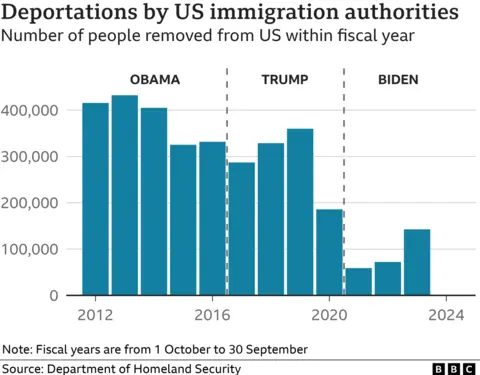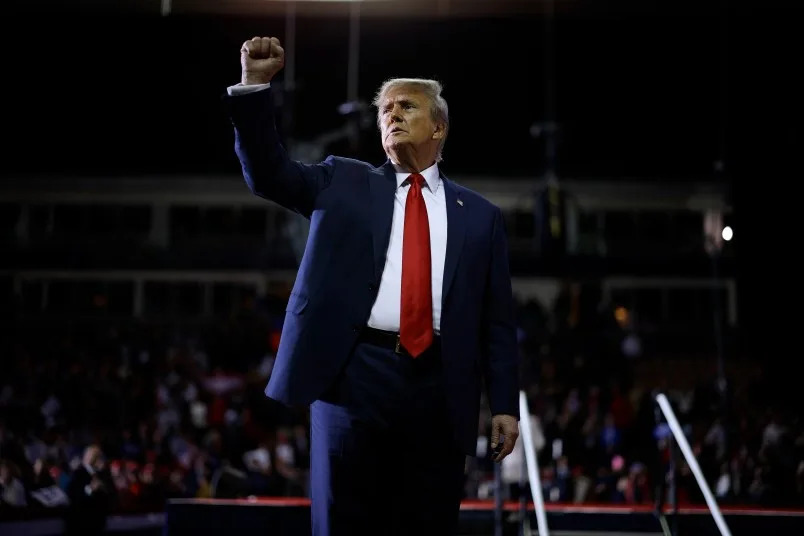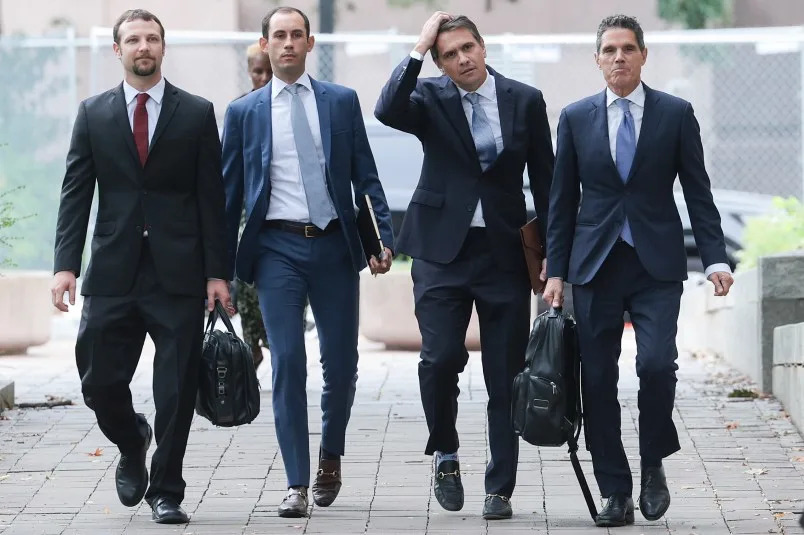USA Today
In Tucker Carlson interview, Putin’s plans for Ukraine appear to echo Trump’s
Kim Hjelmgaard and Rachel Barber – February 9, 2024
Former Fox News host and divisive conservative political commentator Tucker Carlson on Thursday released a lengthy and carefully stage-managed interview with President Vladimir Putin − the first Western media figure to do so since Russia invaded Ukraine nearly two years ago.
Carlson published the video interview on his personal website. It was also posted on his X social account. The interview took place in a gilded hall at the Kremlin palace in Moscow.
It covered a variety topics from the war in Ukraine to President Joe Biden, from the fate of detained Wall Street Journal reporter Evan Gershkovich to Elon Musk. The interview did not break meaningful new ground. Carlson has consistently spread misinformation and conspiracy theories. He’s also been a strident critic of Ukraine.

“If you really want to stop fighting, you need to stop supplying weapons,” Putin said when asked by Carlson about the prospect for peace in Ukraine, referring to Western aid. “It will be over within a few weeks. That’s it.”
Putin said he didn’t see a point in calling Biden, whom he had not spoken to since before the invasion. Biden has refused to speak to the Russian leader unless genuine conditions for negotiating a peace deal are put forward.
Instead, Putin’s answers about the fighting in Ukraine seemed to echo with the U.S. president he said he had a positive relationship with: Donald Trump.
Putin called on the U.S. to “make an agreement” to end the war, likely involving Ukraine ceding territory to Russia.
“Before I even arrive at the Oval Office, shortly after I win the presidency, I will have the horrible war between Russia and Ukraine settled,” Trump said at a Manchester, New Hampshire, rally last month.
Trump has not explained how he would achieve this.
The interview comes as momentum on the battlefield appears to have swung in Russia’s favor while fresh U.S. aid for Ukraine remains uncertain in Congress. Polls show the majority of Americans believe the U.S. should be supporting Ukraine, but many are concerned it may be doing too much at the expense of domestic priorities. Republicans are far more skeptical than Democrats over the utility of sending Ukraine more wartime aid.
Ukraine is running out of weapons: Is it also running low on the time-tested coping mechanism of humor?
At times, the interview, which lasted more than two hours, became somewhat confrontational. However, Carslon did not explicitly challenge Putin’s many false assertions, nor did he push Russia’s leader on his military’s alleged war crimes in Ukraine or political repressions at home.
When Putin said he believed Russia and the U.S. could potentially reach a deal to free Gershkovich, an American journalist Russia detained last year, Carlson pressed him: “This guy’s obviously not a spy. He’s a kid, and maybe he was breaking your law in some way, but he’s not a super spy, and everybody knows that.”
Putin’s government has been holding Gershkovich for more than a year for reporting on the invasion. Gershkovich has been charged with espionage, an allegation he and the U.S. State Department deny. The U.S. government has determined that Gershkovich is being wrongfully detained.
The U.S. made an offer late last year to secure Gershkovich’s release but said Moscow rejected it. Putin appeared to indicate Thursday that he would consider swapping Gershkovich for Vadim Krasikov, a Russian assassin who killed a Georgian-born dissident in a park in Berlin in 2019. Krasikov followed his victim to the park on a bicycle. He’s serving a jail sentence in Germany.
Putin dominated the conversation. He also appeared to occasionally joke and snarl at Carlson’s expense.
“Are we having a talk show or a serious conversation?” Putin said in response to a question about why he had previously said he believed the U.S. could, via NATO, launch a “surprise attack” on Russia.
“Your basic education is in history, as far as I understand,” Putin added. “So if you don’t mind, I will take only 30 seconds or one minute to give you a short reference to history to give you a little historical background.”
Putin then went on to speak for more than 20 minutes about the history of Eastern Europe, including references to Catherine the Great, the 18th century empress of Russia.
Carlson struggled to interrupt Putin during his personal overview of Russian history.
At one point, the conversation took a turn to discussing the U.S. reputation in the international community. Putin claimed the U.S. is more afraid of a “strong China” than it is of a “strong Russia.”
Putin repeated false claims Russia did not attack Ukraine. He addressed his relationships with past U.S. presidents, saying he had a “very good” one with George W. Bush.
And he lavished praise on Tesla’s founder, who also owns X.
“I think there’s no stopping Elon Musk,” he said.
In a social media monologue prior to releasing the interview, Carlson said he wanted to sit down with Putin because “most Americans are not informed” on how the war in Ukraine is “reshaping the world.” He blamed U.S. mainstream media for this, alleging that “no one has told them the truth.” He has previously claimed, without providing evidence, that the U.S. government has thwarted his attempts to sit down with Putin.
Carlson said Western journalists have, by contrast, interviewed Ukraine’s President Volodymyr Zelenskyy many times. He described these interviews as “fawning pep sessions” aimed at amplifying Ukraine’s need for more U.S. weapons and ultimately directed at getting the U.S. more involved in the war.
There was no immediate official reaction to Carslon’s interview with Putin from Ukraine’s government.
Ukraine shake-up: Volodymyr Zelenskyy removes his top general Valery Zaluzhny
International media outlets have sat down with Zelenskyy dozens of times since the war’s start. However, there is little merit to Carlson’s other claims. Journalists in Russia face extreme reporting restrictions. They can be arrested for labeling Russia’s invasion a “war”; instead, they have to call it a “special military operation.”
Russia’s crackdown on free speech extends to regular citizens as well as journalists. They can be arrested or fined for criticizing the war in Ukraine. Carlson promotes his show on social media platform X as a defender of free speech. The International Criminal Court in The Hague, Netherlands, has issued an arrest warrant for Putin. It accused him of war crimes in Ukraine including deporting children from Ukraine to Russia.
War crimes allegations in Ukraine: They may be unprecedented. So is the country’s push for swift justice
Russians escape Putin’s war on Ukraine: They find a new home – and a moral dilemma
Since news of the interview broke, many Western journalists have been posting on social media how they have repeatedly attempted to secure interviews with Putin over the last two years. The last time Putin was interviewed by an American journalist was in June 2021 with NBC’s Keir Simmons.
“Does Tucker really think we journalists haven’t been trying to interview President Putin every day since his full scale invasion of Ukraine?” CNN’s Christiane Amanpour wrote on X. She called his claim “absurd.”
Putin himself has made many speeches and public appearances during which he’s commented at length on the war in Ukraine and his “objectives.” At various times, he’s described these as “denazification, demilitarization and its neutral status.” There is no evidence to indicate that Ukraine has a systemic problem with neo-Nazis. Putin has long been vehemently opposed to Ukraine and other neighboring nations joining NATO.
Putin has said that Western countries have been “stupefied” by anti-Russian propaganda.
Before the interview ran, White House National Security Council spokesman John Kirby told reporters that Americans shouldn’t believe anything Putin said in the interview.
“Anybody (who) watches that interview you need to make sure to remember that you are listening to Vladimir Putin. You shouldn’t take at face value anything he has to say.”
As the host of “Tucker Carlson Tonight” on Fox News, Carlson was one of the network’s biggest stars. The show was canceled last year following a series of controversies. Carlson drove ratings at the network but, his critics say he pushed extreme right-wing views and trafficked in racist and misogynistic themes and conspiracy theories.
“Tucker Carlson isn’t a journalist, he’s a propagandist,” wrote Ian Bremmer of the Eurasia Group, a global political risk consultancy, on X.
A timeline: Tucker Carlson and his Russia obsession
Carlson has been a longtime defender of Putin and he has consistently questioned U.S. support for Ukraine.
“It may be worth asking yourself, since it is getting pretty serious, what is this really about? Why do I hate Putin so much?” he said as Russia’s leader amassed troops on Ukraine’s border, ready to invade, in February 2022.
“Has Putin ever called me a racist? Has he threatened to get me fired for disagreeing with him? These are fair questions, and the answer to all of them is: ‘No.’ Vladimir Putin didn’t do any of that.” Carlson described Ukraine as a “a pure client state of the United States State Department” and the then looming war as a “border issue.”
Prior to his interview with Putin, one of the topics Carlson addressed on his X account, which posts material from his subscription streaming service, was about male-pattern baldness.
Contributing: Francesca Chambers


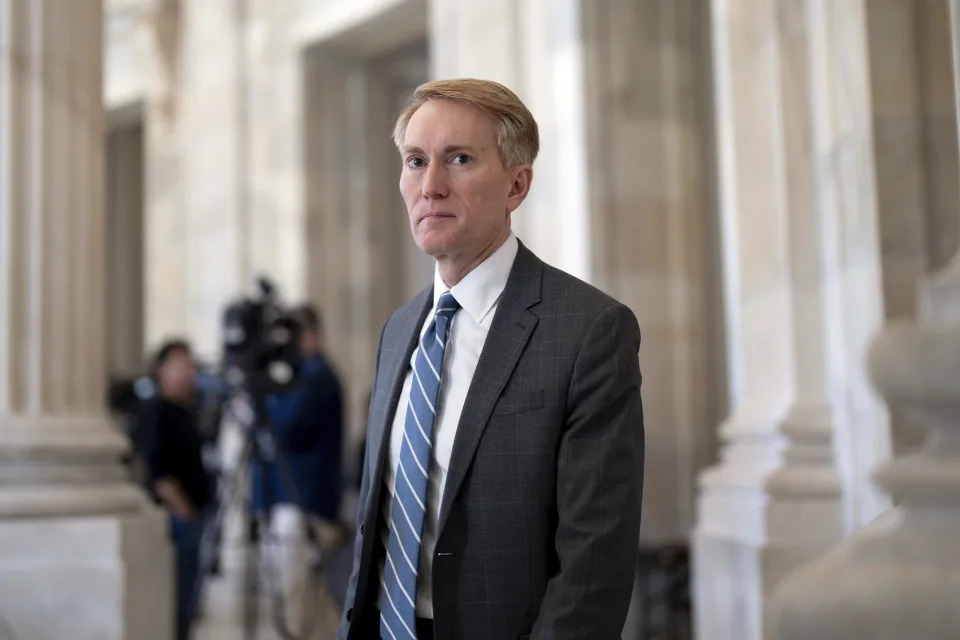
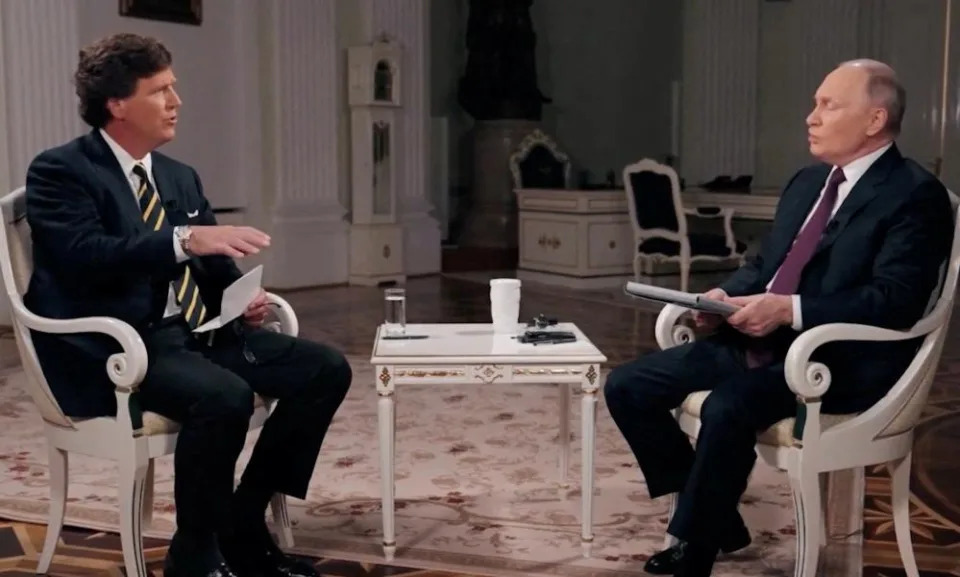
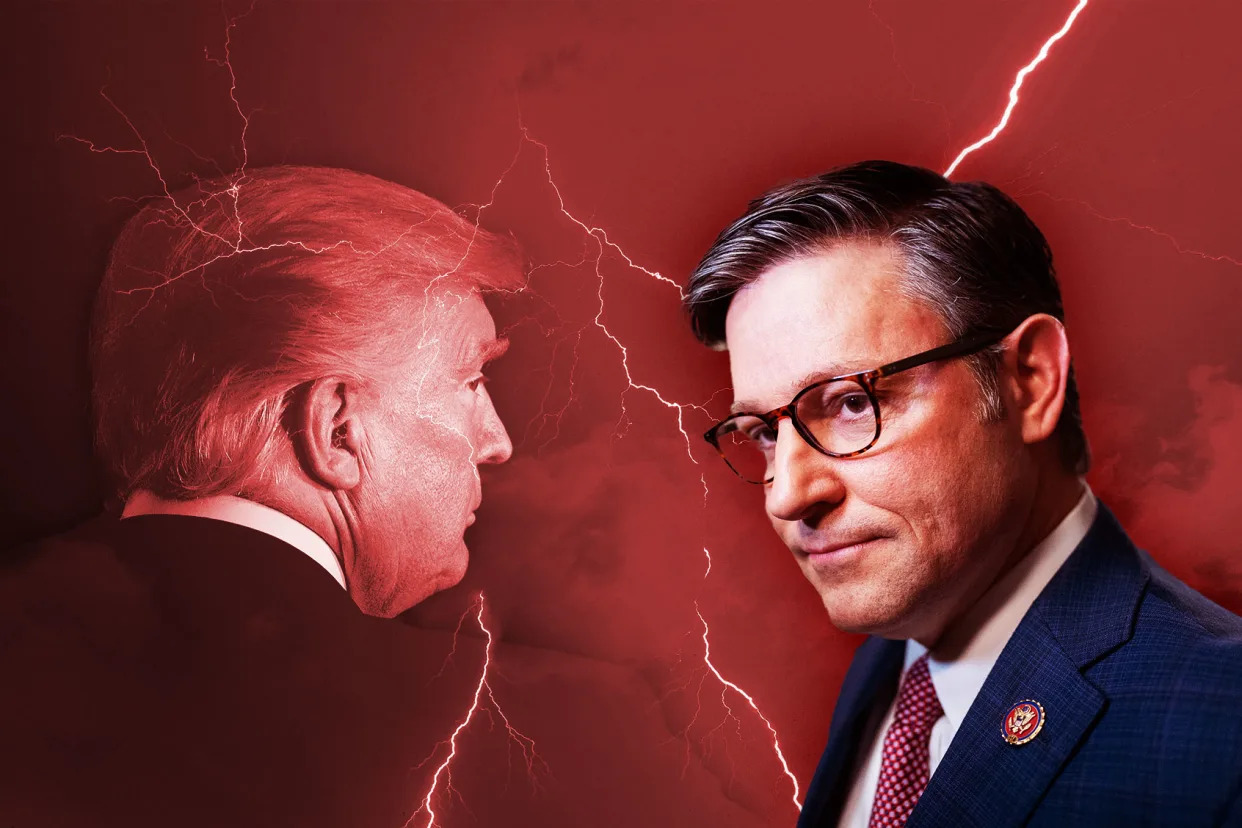
 Getty Images
Getty Images